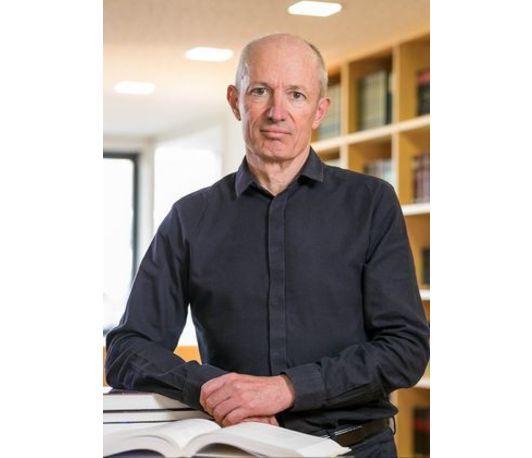Particle Accelerators for High Energy Physics Based on Proton-Driven Plasma Wakefields
Institutskolloquium
- Date: Jul 25, 2025
- Time: 10:30 AM - 12:00 PM (Local Time Germany)
- Speaker: Prof. Allen Caldwell
- The scientific work carried out by Prof. Allen Caldwell currently includes the development of novel particle accelerator technology based on plasma wakefields, the study of the quarks and gluons and their interactions, the fundamental properties of neutrinos and, more recently, the search for a new candidate for Dark Matter - axions. In addition, he has a great interest in probability and statistics, and lectures on data analysis techniques and Monte Carlo methods at the Technical University of Munich. The plasma based accelerator experiment is explained in the video How can plasma and proton beams be used in building next generation particle accelerators? Prof. Caldwell was born in Verdun/France in 1959 and has the double citizenship of the USA and France. He studied physics at Rice University in Texas, then moved to the University of Wisconsin where he earned his doctorate. He then spent 15 years at Columbia University, where he eventually became professor. In 1997, he became head of the ZEUS experiment at the HERA accelerator at DESY in Hamburg. In 1999, he was made director of the Nevis Laboratory at Columbia University in New York; since 2002 he has been a Member of the Board of Directors of the Max Planck Institute for Physics. He currently heads the AWAKE experiment at CERN .
- Location: IPP Garching
- Room: Arnulf-Schlüter Lecture Hall in Building D2 and Zoom
- Host: IPP
- Contact: stefan.possanner@ipp.mpg.de

Acceleration of particles in plasma looks promising due to the very high electric fields which can be achieved, bringing prospects for much more compact accelerator facilities. Schemes based on laser- or electron-driven wakes have been under investigation for several decades. Proton-driven plasma wakefield acceleration is a more recent concept, and a demonstration project, AWAKE, is underway at CERN. The basic principles will be introduced and the status of the AWAKE effort described. I will finish with a description of recent development that provide an exciting outlook for high-energy particle physics.